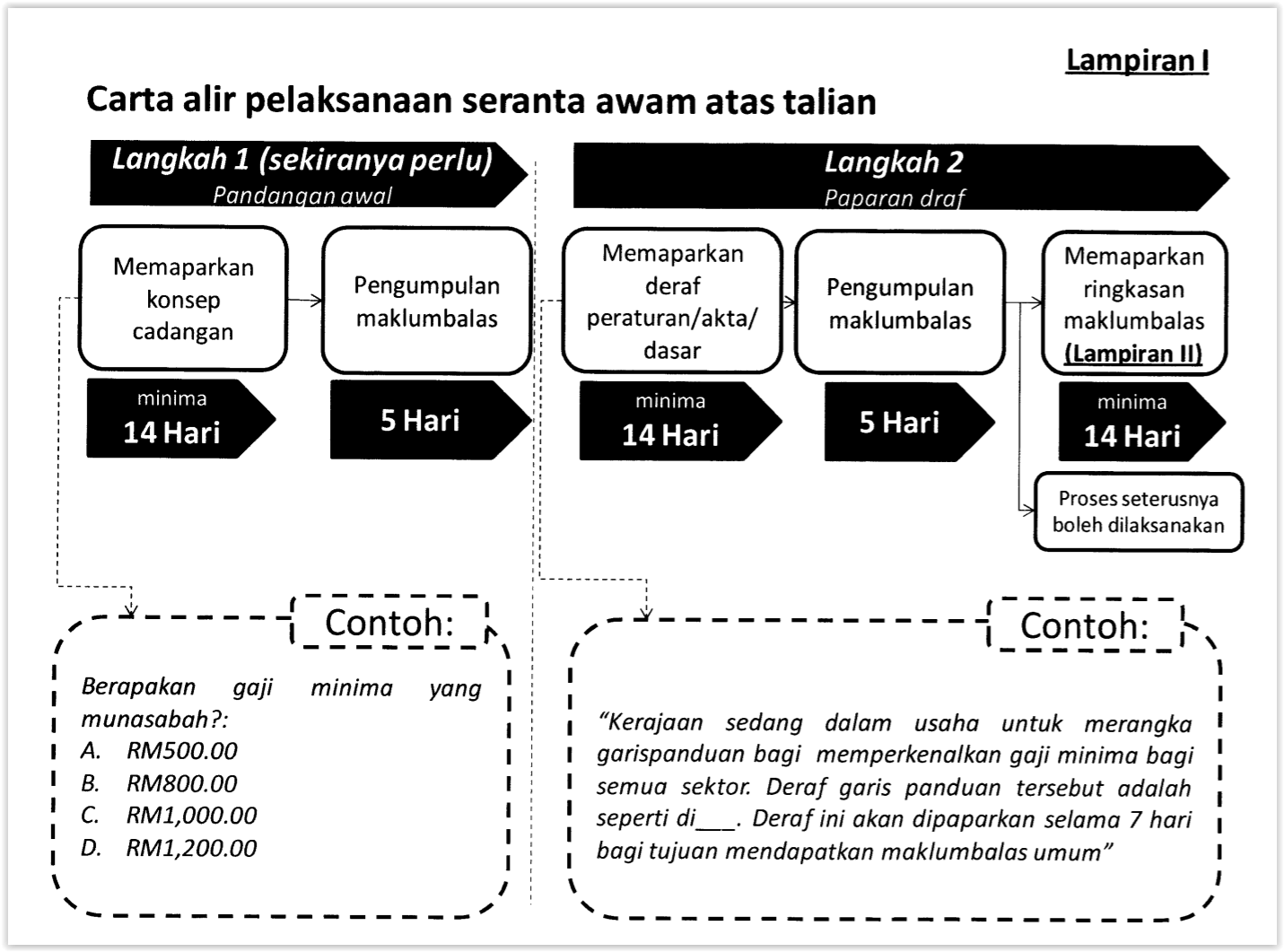KUALA LUMPUR, Jan 19 – Nine business groups today called for a study of the regulatory impact of proposed harsher penalties for Covid-19 offences before the government tables amendments to Act 342.
Associations for small and medium businesses, retailers, shopping centres, and housing developers pointed out that after Health Minister Khairy Jamaluddin pulled the Prevention and Control of Infectious Diseases Act 1988 (Act 342) Amendment Bill from debate in the last Dewan Rakyat meeting in December, businesses have yet to be consulted for the proposed legislation.
They also said business associations were not consulted before the Act 342 Amendment Bill was drafted. Proposed amendments initially mooted — for companies — a maximum RM1 million compound for breaches of Covid-19 standard operating procedures (SOPs) and a maximum RM2 million fine upon conviction.
The Bill was subsequently revised after public outrage, with the latest version of the Bill now capping compounds of offences for businesses to RM500,000. The Bill is currently being worked on between the Ministry of Health (MOH) and the health, science and innovation parliamentary special select committee chaired by Bandar Kuching MP Dr Kelvin Yii.
“We, therefore, suggest that these amendments be thoroughly studied through consultations with all stakeholders under the Good Regulatory Practice Regulations and the requisite and due process of Regulatory Impact Assessment be conducted thoroughly. We, thus, propose that this Bill be withdrawn to conduct this requisite process,” said nine business groups in a joint statement today.
The nine associations are Building Management Association of Malaysia (BMAM), Bumiputra Retailers Organisation (BRO), Industries Unite, Malaysia REIT Managers Association (MRMA), Malaysia Retail Chain Association (MRCA), Malaysia Retailers Association (MRA), Malaysian Association of Theme Park and Family Attractions (MATFA), Malaysia Shopping Malls Association (PPK), and the Real Estate and Housing Developers Association (REHDA).
They pointed out that nearly all Malaysians have already been fully vaccinated against Covid-19 and there is near perfect compliance with wearing face masks in public areas.
The business groups also said SOPs like taking temperature and social distancing when masks are worn can be done away with, since the Covid-19 virus predominantly spreads through airborne aerosols.
“We further express that with the changing Covid situation and with further understanding of this pandemic through data and science, we believe many of the proposed amendments are irrelevant and unnecessary and will hinder the nation’s economic recovery after the devastating impact on the lives and livelihood of every citizen without exception,” said the nine business groups.
“The totally overkill and draconian proposed penalties will not only put undue fear in the people, leading to dampened enthusiasm to go about their daily lives, injure the viability of business leading to failures and bankruptcies and economic disaster of our beloved nation.
“Hefty fines encourage abuse and corruption and will spur underground activities and protection rackets,” they added.
According to the Malaysia Productivity Corporation’s (MPC) official portal on Good Regulatory Practice, a Regulatory Impact Assessment (RIA) is a process of identifying the expected effects of a regulatory proposal, such as a cost-benefit analysis.
MPC defines regulations as policies and measures that mandate compliance like primary legislation (Acts of Parliament, Enactment and Ordinance) and subsidiary legislation (regulations, standards, rules, by-laws, orders, and guidelines).
According to a 2012 circular issued by then-Chief Secretary to the Government Sidek Hassan on RIA, federal government agencies are required to conduct an online public engagement for all proposed new or amendments to laws, by-laws, policies, and regulations, regardless of whether or not they need to be tabled in Parliament.
“This is to safeguard the element of transparency in the implementation of laws in Malaysia so as to ensure public acceptance of legislations that will be enforced, subsequently avoiding conflict and misunderstanding among the people,” Sidek said in his circular.
Under the RIA process, the first stage of collecting early feedback on proposed laws, policies, or regulations involves the relevant ministry publishing the proposal concept for a minimum of 14 days. Public feedback is then collected and analysed over five days for inclusion into the proposed law, policy, or regulation.
This first stage is not necessary if the ministry has a clear mandate to draft or amend laws, policies, or regulations, such as a decision at the Cabinet level.
In the second stage of the RIA process, draft Bills, policies, or regulations must be published on the relevant ministry’s website for a minimum of 14 days to collect public feedback. Public feedback is then collected and analysed over five days.
The ministry must publish a summary of the public feedback on its website for at least 14 more days.
The Chief Secretary’s circular, however, includes a “national security” exemption for the RIA process.
The Ministry of Health (MOH) did not publish the draft Act 342 amendment Bill on its website, nor collect public feedback, before it was tabled in the Dewan Rakyat on December 14.








